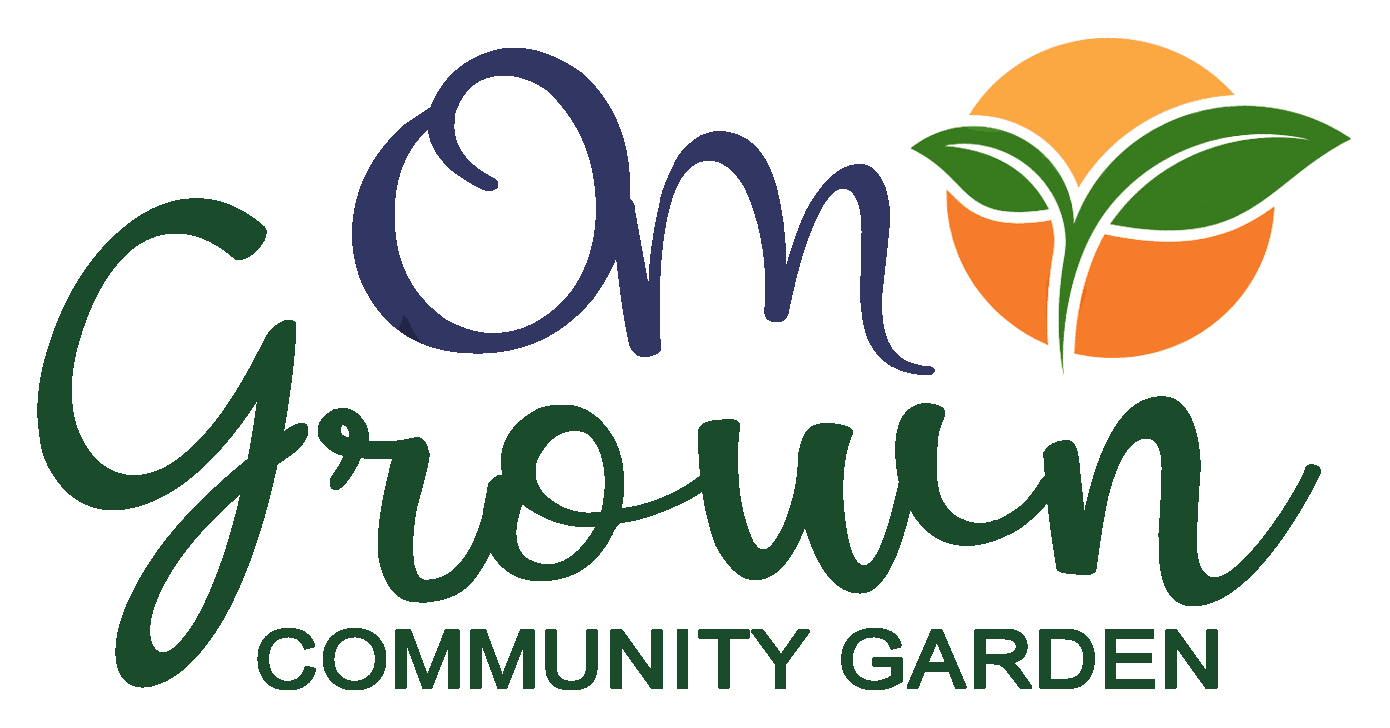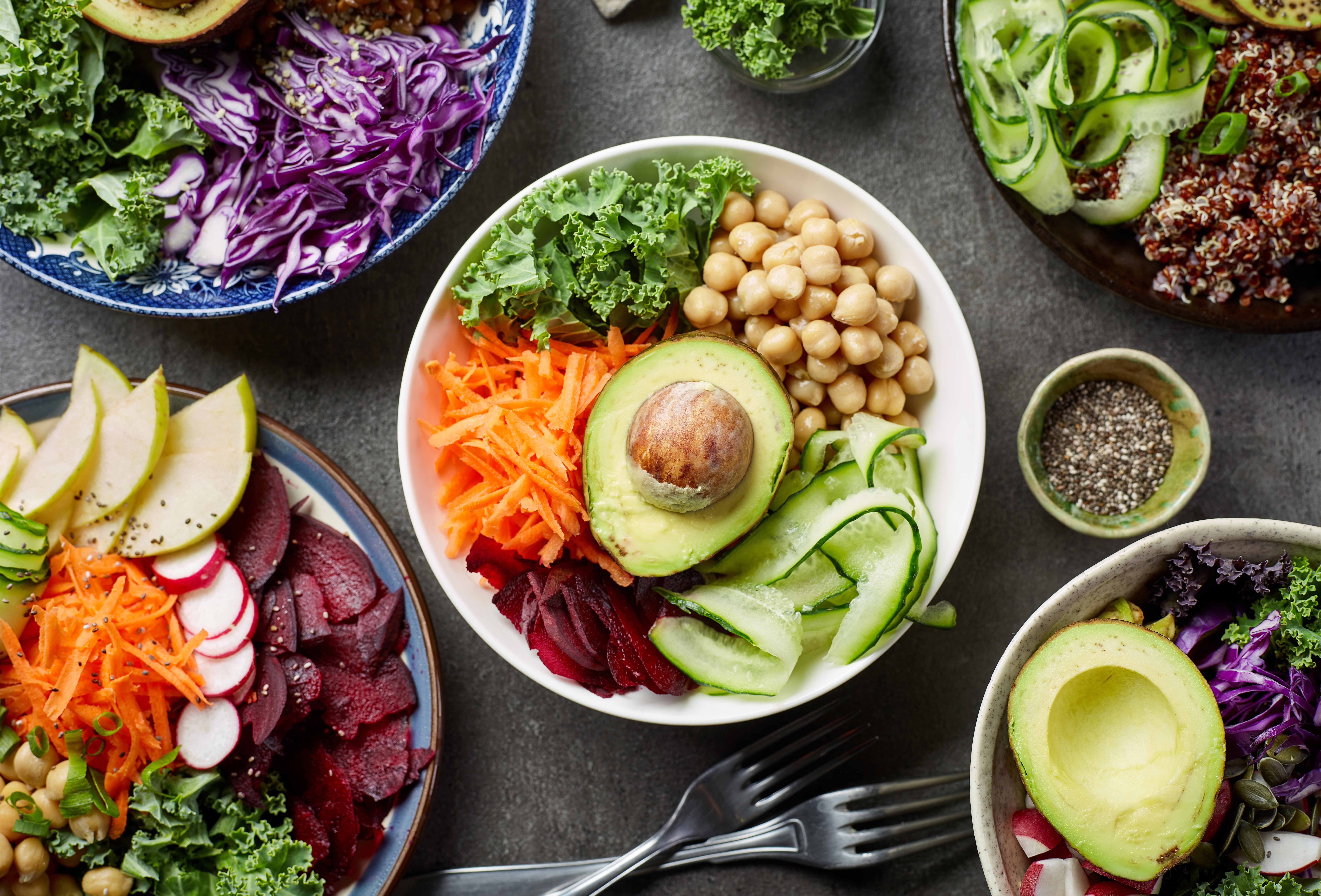Table of Contents
The value of the plant is priceless. Every animal knows it.
Humans are evolved animals that are plant-derived. So, are we complex plants? We have oral dentition that is comprised of 4 tearing teeth (canine), 8 premolars and 20 molars, the latter two types for crushing and grinding.
Most of the dinosaurs were herbivores.
All large land mammals survive on plants and smaller forms of life, such as insects. Their dentition tells a story: horses, cows, elephants, and giraffes all have grinding teeth and their jaws rotate the food bolus.

Lions, tigers, and all cats are carnivores. They can consume plants (think cat foods) but meat is absolutely essential to their diets. Their teeth are long & dagger-like for tearing and they chew up and down without rotational grinding motion.
Only humans go to shop, cook and have the mental capacity to make decisions, more refined and more discriminatory.
Let’s look at what a plant-based diet with some fish and sea plants includes:
The following nutrients are essential for a complete & balanced diet:
- Proteins: 0.5-0.75 grams per pound of body weight. For a 150 pound man who is not very active, this translates to 75 grams of protein. A more active and highly energetic person may use the upper end of the range to calculate their daily protein needs.
- Fats: 30% of the daily calorie count. If you take in 1,500 calories, 50 grams of fat should be included in your diet.
- Carbs: Remainder of caloric intake to maintain gut and cardiovascular health that translates to the entire body. This means approximately 200-400 grams daily for a non-diabetic person in the form of whole plant grains, veggies, nuts, seeds & fruits (those with a diagnosis of diabetes and other conditions will need specific guidelines).
For daily use in general:
- Whole (mainly non-floured) grains: brown rice, millet, barley, quinoa, hemp, buckwheat, wheat berries, sorghum, teff, farro, amaranth, spelt, oats, and freekeh. These are all complete proteins: quinoa, hemp, buckwheat. Hence, no need for meat, fish or poultry if one is vegan.
- Vegetables (various types): 20-25% of a meal.
- Beans & sea veggies: 5-10% of a meal. Soy, lentils, mung, white, kidney and navy beans all contain leucine – a very important essential amino acid.
- Soups: 5-10% of a meal.
- Snacks: choose whole fruits, seeds, nuts or veggies.
- Beverages: water and non-caffeinated products. Avoid sugar and electrolyte drinks.
Included in the many benefits of a plant-based diet is the following that has been scientifically demonstrated:
- Full and complete nutrition
- Lower risk for cancer
- Lower risk for cardiovascular disease including lowered blood pressure
- Lower risk for digestive, neurological, musculoskeletal and endocrine diseases
The following supplements are recommended:
- Chelated mineral complex
- B12 in form of methylcobalamin (500-1000 mcg/day)
- Vitamin C (2-3 grams/day)
- An Omega-3 Fatty Acid capsule from fish oil, chlorella, or nutritional yeast
Any additional nutrients will be determined by a full nutritional evaluation.
More information on Whol-istic Nutritional Counseling with Naturopathic Medical Doctor, Dr. Maria Scunziano-Singh is available on the WellCome OM Center website.
- Consumer Beware: The Ease of Deception in the Food Industry - October 28, 2025
- The Modern Plague of Addiction: Reflections on a Painful Subject - July 29, 2025
- Let Go to Grow: 10 Transformational Steps to Embrace Change and Thrive - July 29, 2025





